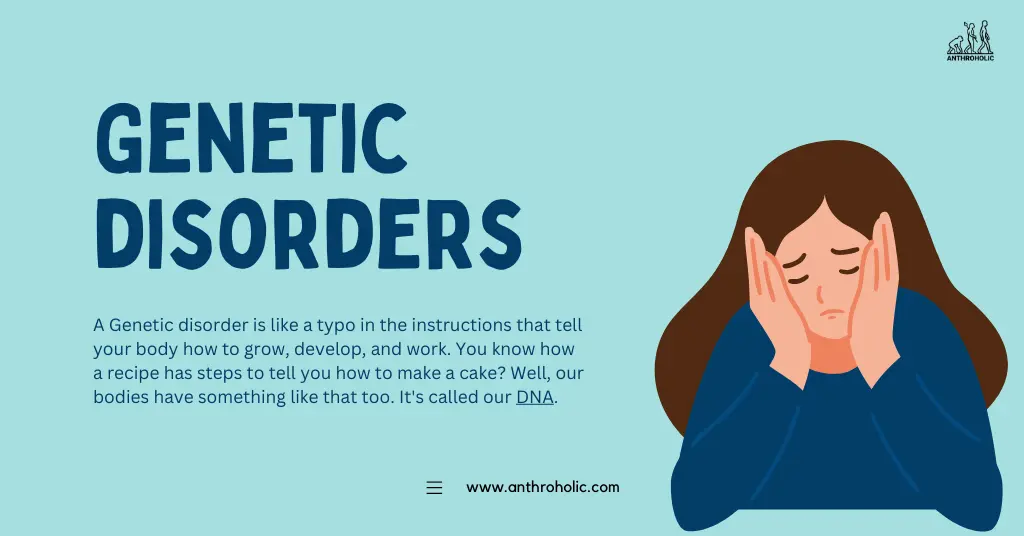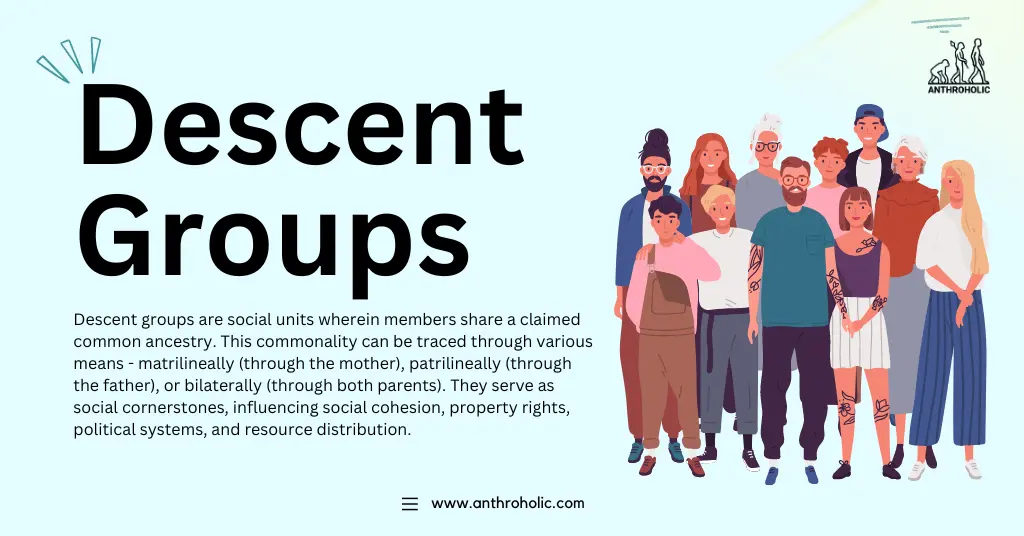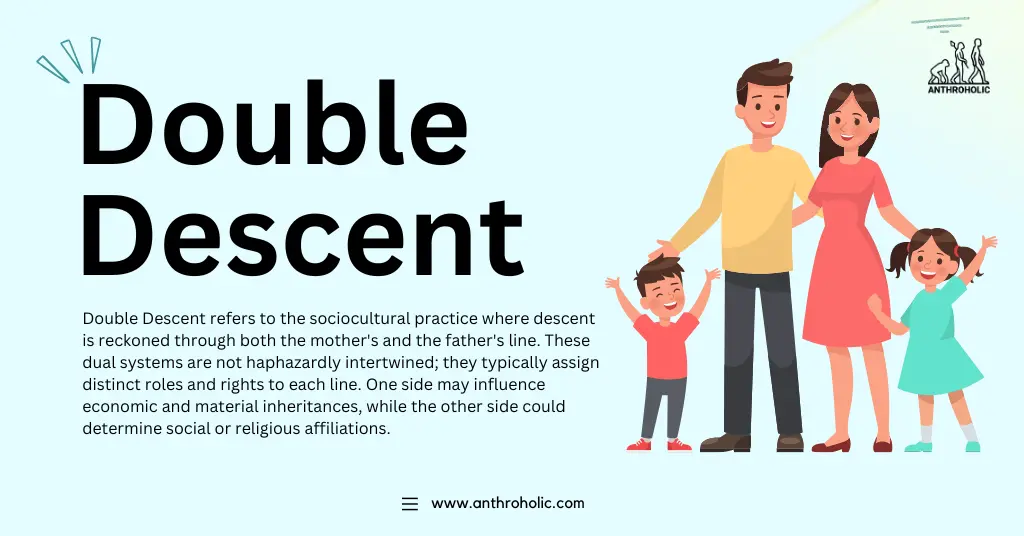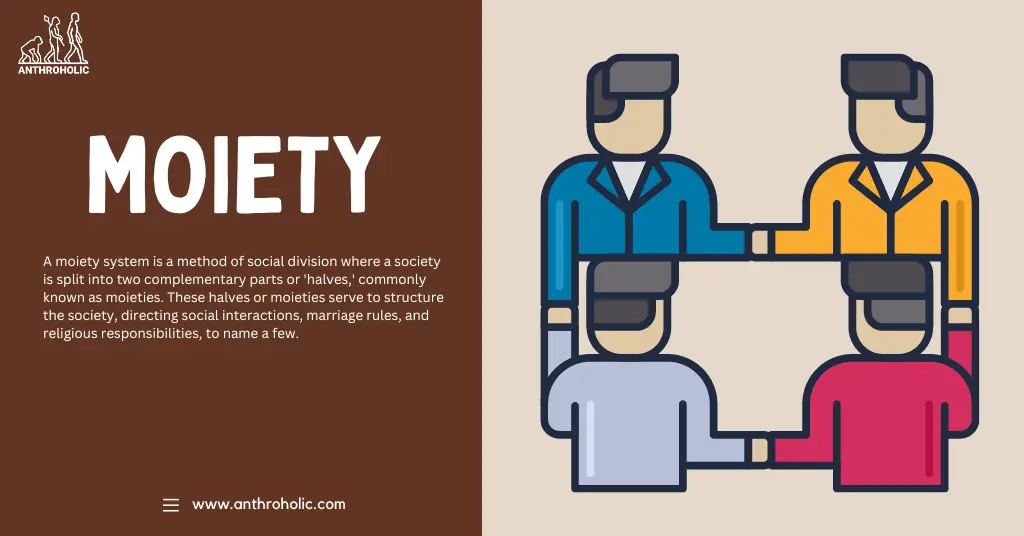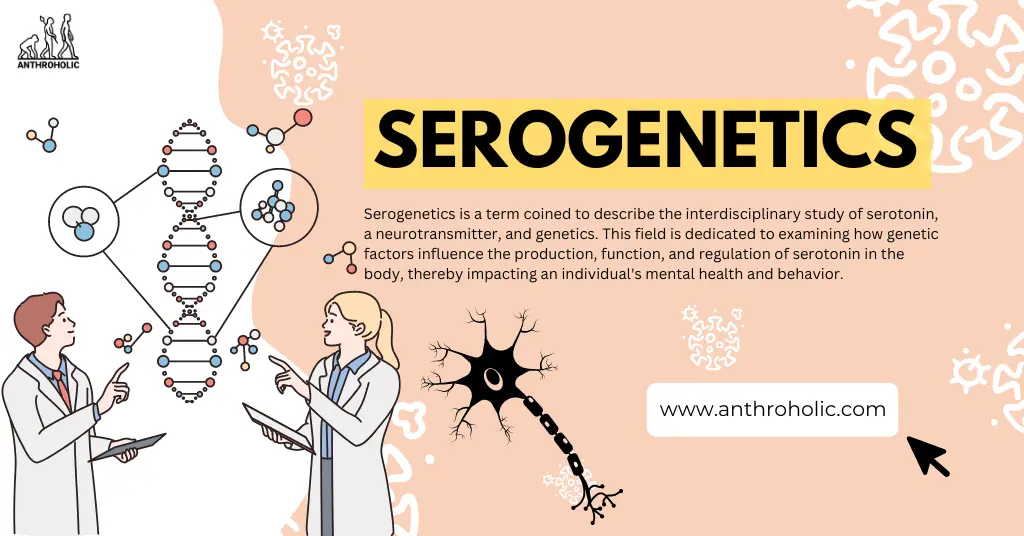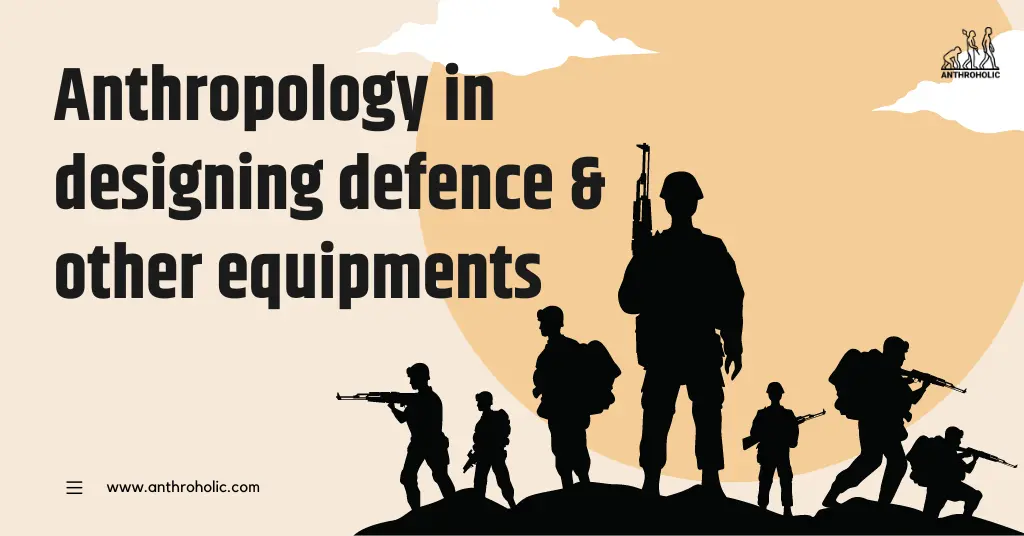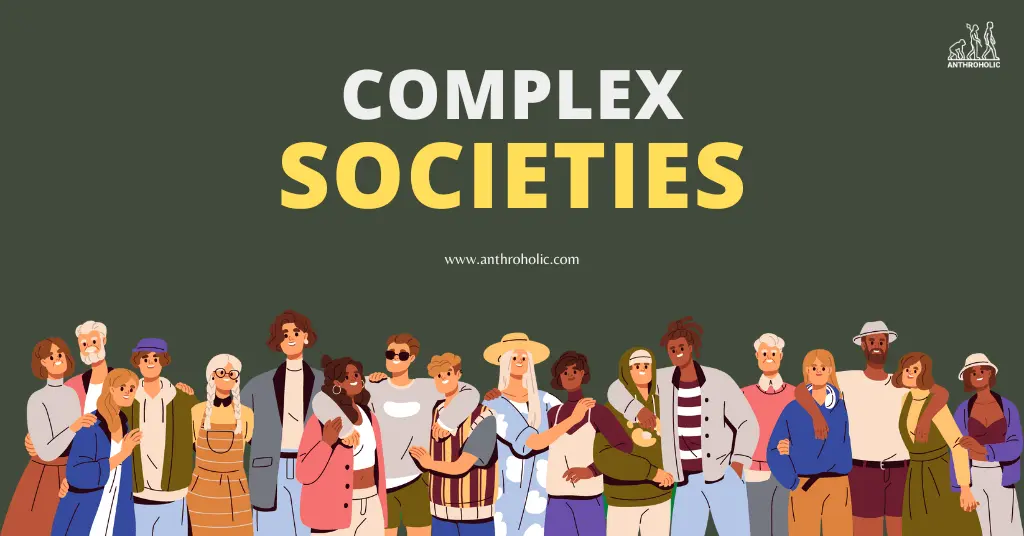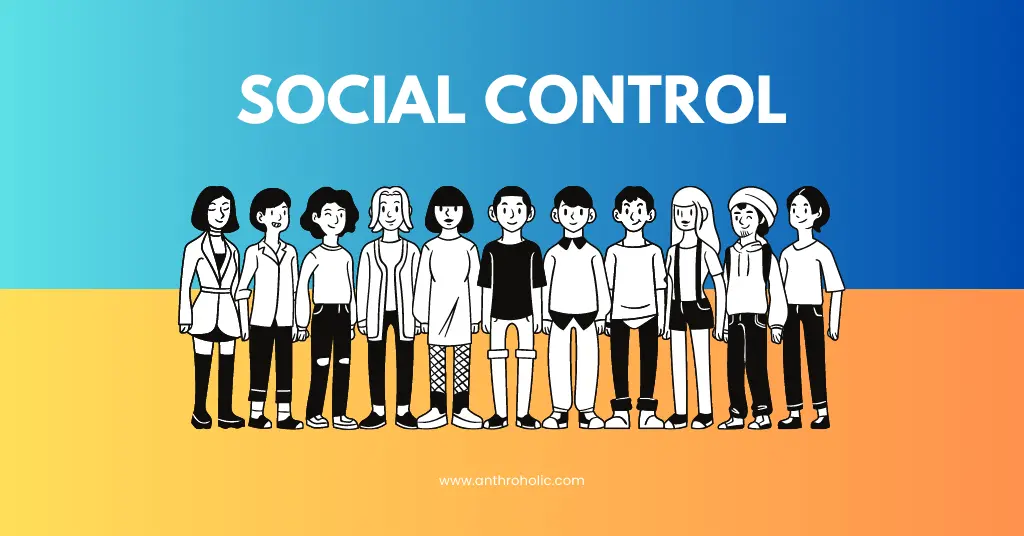AI Answer Evaluation Platform Live Now. Try Free Answer Evaluation Now

Twins Study
Twins are individuals who are born from the same pregnancy and share the same birth date. They are characterized by a close genetic relationship, as they typically originate from the fertilization of a single egg by a single sperm, which then splits into two embryos.
